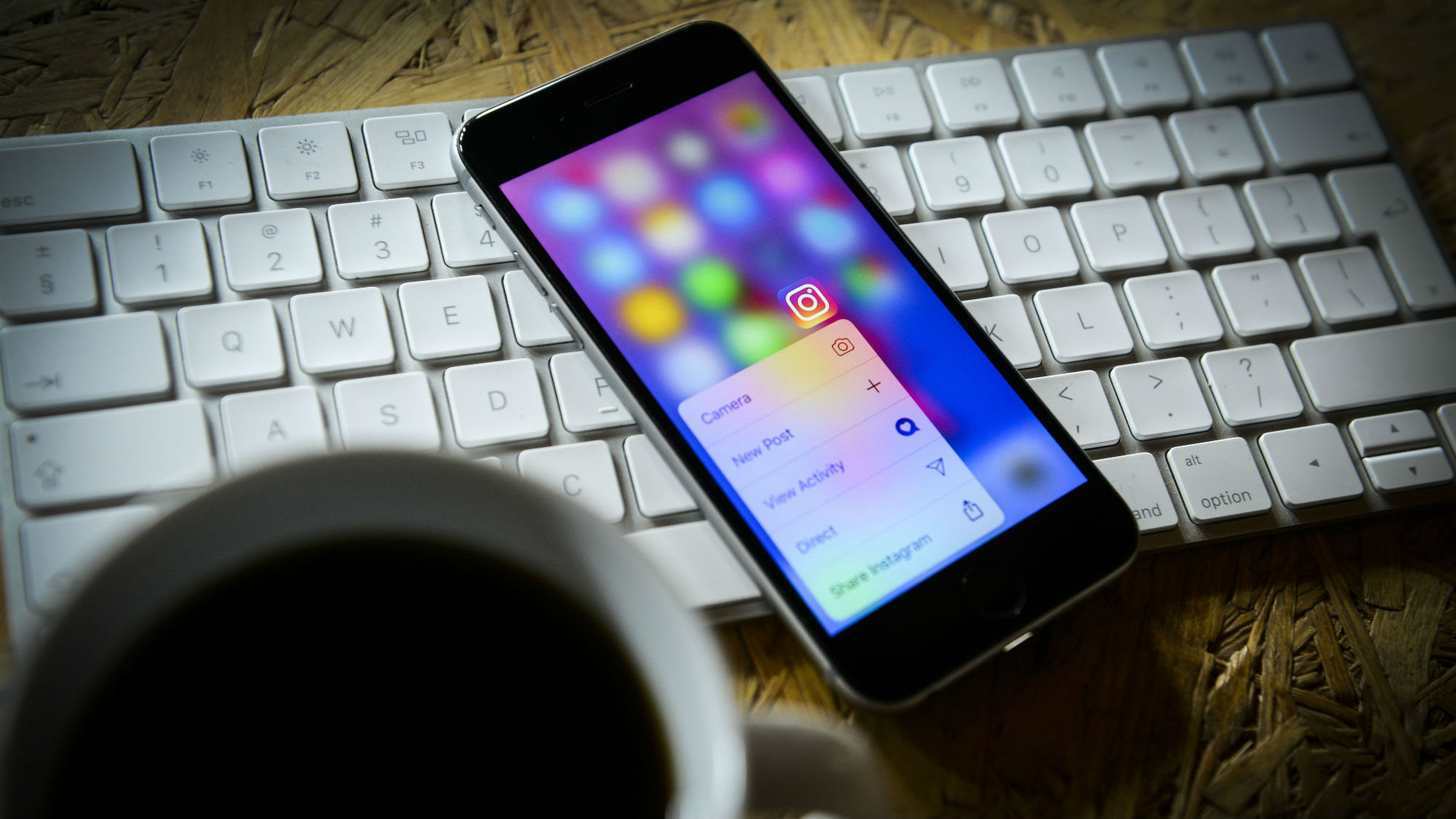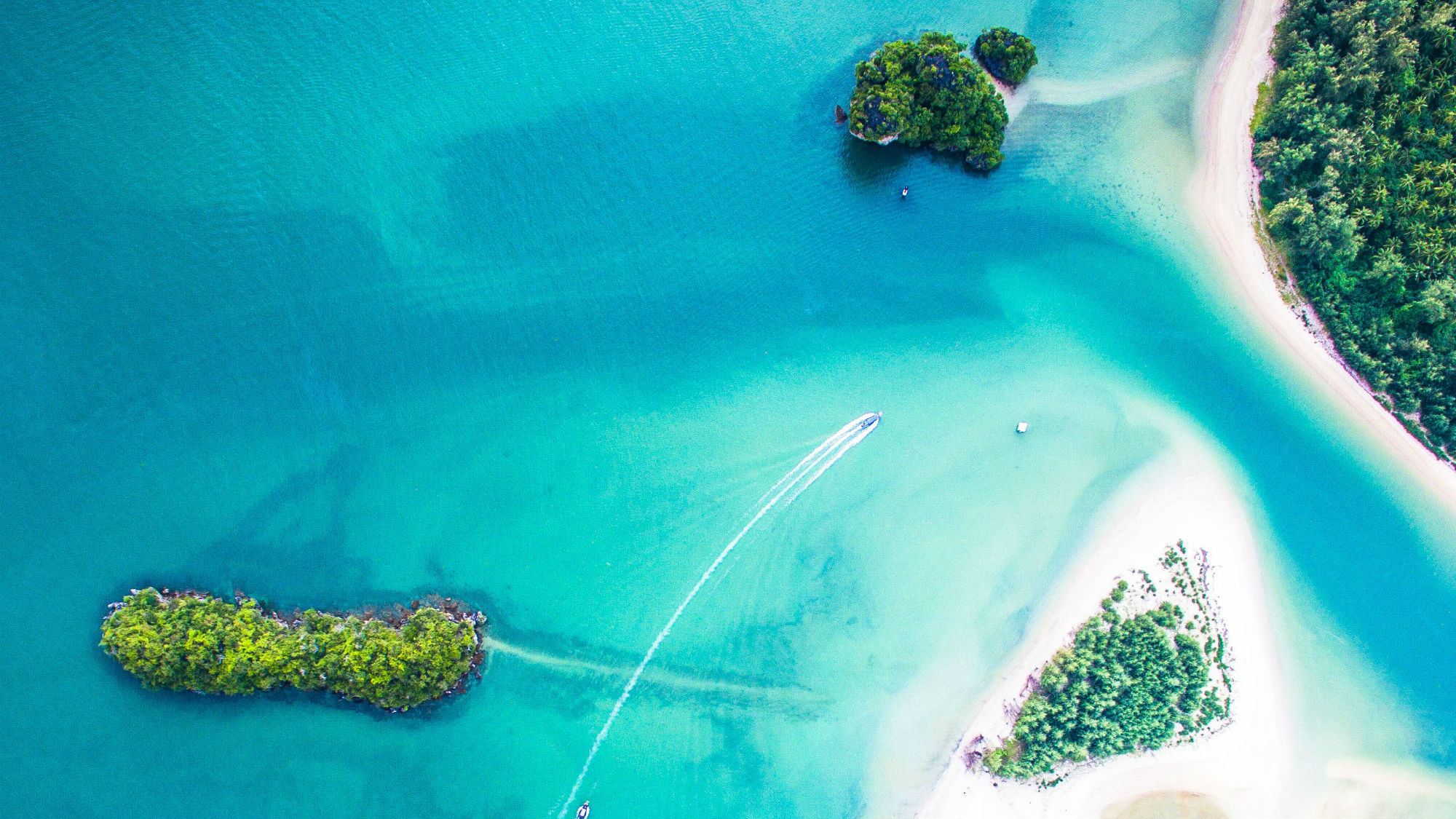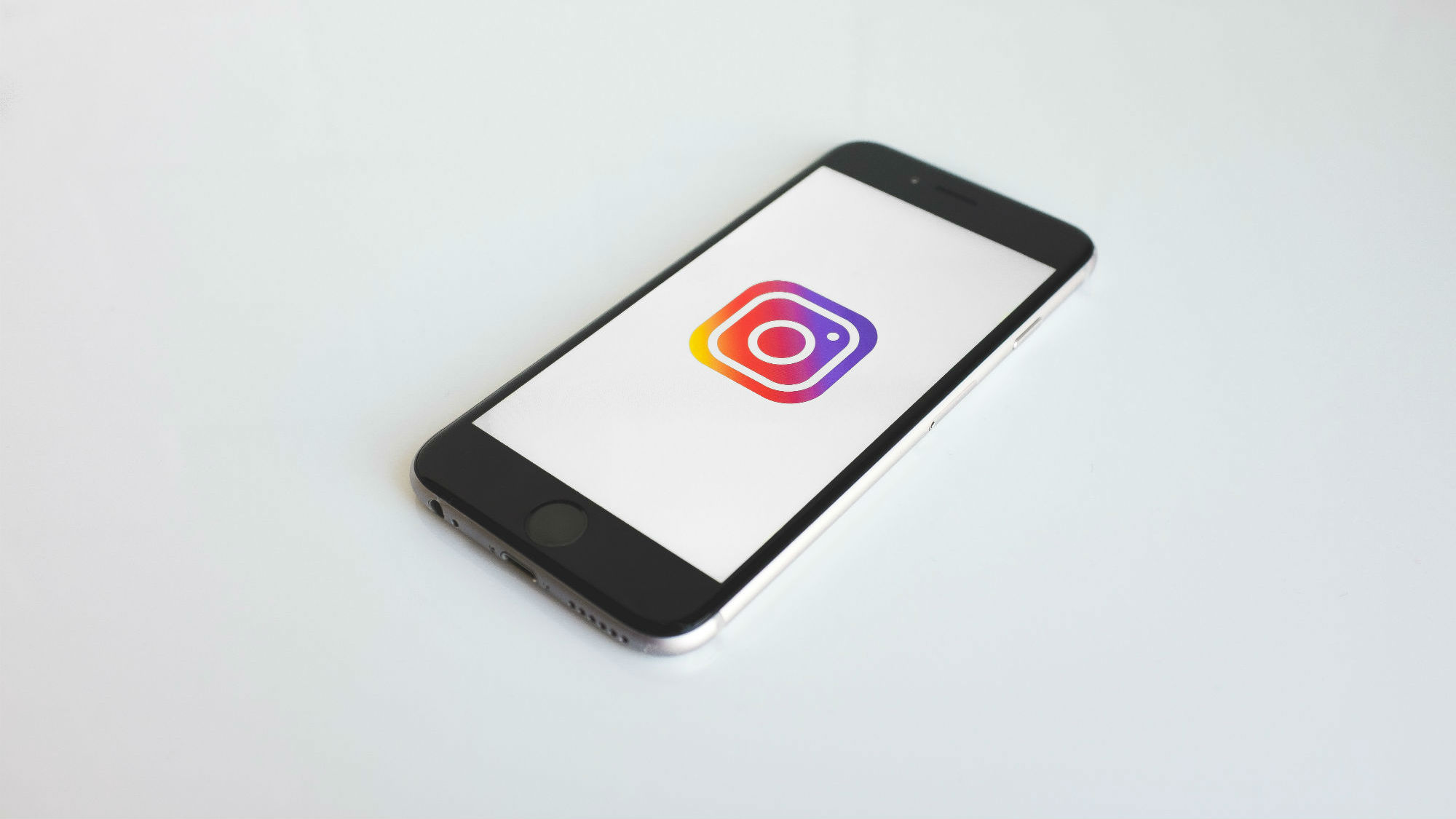‘Stalking’ Instagram accounts are now a thing – here’s why they’re so dangerous
Hands up who’s running a secret ‘snooping’ feed? It’s a trend that’s on the rise so when Olivia Adams’s mate confessed to one, she asked an expert about the damaging effects on our mental wellbeing

Hands up who’s running a secret ‘snooping’ feed? It’s a trend that’s on the rise so when Olivia Adams’s mate confessed to one, she asked an expert about the damaging effects on our mental wellbeing
Be honest, do you have – or have you ever used - a fake Instagram account to keep tabs on someone anonymously? First of all, thanks for owning up. Secondly, you’re not alone.
Yes, a new trend for 2020 is having not one, but two Instagram accounts. And I don’t mean one for business and one for personal use.
The second is a fake account, created to keep tabs on people you don’t want to know you’re watching. It’s creepy, time consuming (keeping one Instagram page relevant, thoughtful and interesting is challenge enough). And, more importantly, it’s not mentally healthy.
I was unfamiliar with the concept until recently. I had enjoyed a couple of dates with a guy and I was, erm, keen to keep an eye on his antics over Instagram Story – but I didn’t want him to know it. ‘You view him from my travel inspiration account, if you like’, my friend offered whilst we were out for dinner. ‘You’ve never mentioned this page before – or a particular interest in travel,’ I replied. ‘I know!’ She grinned. It turns out, she made the profile to keep watch on her ex, but for it to look legitimate, she began researching travel destinations, editing, filtering, writing captions and buying followers. Scary behaviour, and I promise she’s sane.

It didn't take long for temptation to take hold, and I added her account to my phone so I could switch between the two. For a while, it relaxed me knowing I could watch inconspicuously. But anonymous social media stalking can have a significantly negative impact on our mental health, as Leading Psychotherapist Noel McDermott warns.
‘Using social media through a phone or computer tends to produce a chemical in the brain called dopamine. In this instance, it feels good to create and check the second account, but it’s a temporary feeling. Like with anything that gives too much of a good thing, you’ve got to come down. As soon as you put the phone down you’re going to get irritable and twitchy - most people don’t even realise this is a symptom of withdrawal. And because it’s a mood-altering chemical, you can even develop anxiety or depression.’
Celebrity news, beauty, fashion advice, and fascinating features, delivered straight to your inbox!
He goes on to say, ‘Operating a second account increases the chances of ending up with mood issues because of the social, emotional and psychological consequences of things that can happen on your social media, such as seeing photos or comments you weren’t expecting.’
The second account also means you will be spending even more time on Instagram. Noel advises moderation, stating that if you’re doing more than three to four hours a day, you’ve got a problem.
‘Like any activity, it should be done in a thoughtful and mindful manner. If checking Instagram becomes something that is interfering with your day, and stopping you from getting on with other things, usage needs to be altered. Problematic usage can trigger something more serious, like addiction.’

Lack of accountability is one of the biggest problems on social media. Organisations like the Facebook-owned business Instagram are largely unregulated, which means so are its users. This is quite frightening, as while Instagram doesn’t promote anonymous stalking behaviour, it’s not condemning it, either.
Responding to this, Instagram told me that if a person sees or receives anything that makes them feel uncomfortable, they can report it via its in-app tools. I was also reminded that people have the ability to block accounts to prevent contact from those they do not wish to interact with (blocking someone also means they cannot search for your profile).
With lack of accountability in mind, while the second, anonymous account may not have malicious intent in mind, it means the option is there to write a mean comment and get away with it. Noel expands, ‘Fundamentally what stops us as human beings from hurting each other is our ‘disgust’ reaction. It’s a gut reaction consisting of guilt and shame, and we feel it when we do something horrible to another person.’
‘We just don’t get those same reactions with social media. We can get away with doing so much more and not having an impact on ourselves. Effectively, social media cuts out our ability to empathise with each other, and essentially turns us into a more psychopathic version of ourselves.’
Last year, senior MPs backed Manchester United defender Harry Maguire's call for social media firms to verify accounts with users' passports, after his teammate Paul Pogba was subjected to a torrent of racial abuse from anonymous trolls. It raises the question that surely we should only be allowed to set up a social media account if you can demonstrate evidence of your identity in some way?
When it comes to bullying and harassment, Instagram says its investment into tools that prevent unwanted interactions - such as the 'offensive comments filter,' which automatically hides offensive or inappropriate comments, or the 'bullying comment filter', that removes comments containing attacks on a person’s appearance or character - proves its zero-tolerance policy.
When it comes to mental health, there’s no denying that social media has caused a rise in social anxiety – but it’s not going away, and so we have to learn how to use and manage platforms as effectively and as healthily as possible. Multiple accounts are reprehensible, because they not only can damage your mental health, but be used in a damaging way towards others.
Want to change your behaviour? Having a strong support network around you is the best system to self-regulate your conduct, Noel says. Ah, what a surprise. Real – not cyber – friends are the solution to the problem. Aren’t they always?
Olivia – who rebranded as Liv a few years ago – is a freelance digital writer at Marie Claire UK. She recently swapped guaranteed sunshine and a tax-free salary in Dubai for London’s constant cloud and overpriced public transport. During her time in the Middle East, Olivia worked for international titles including Cosmopolitan, HELLO! and Grazia. She transitioned from celebrity weekly magazine new! in London, where she worked as the publication’s Fitness & Food editor. Unsurprisingly, she likes fitness and food, and also enjoys hoarding beauty products and recycling.